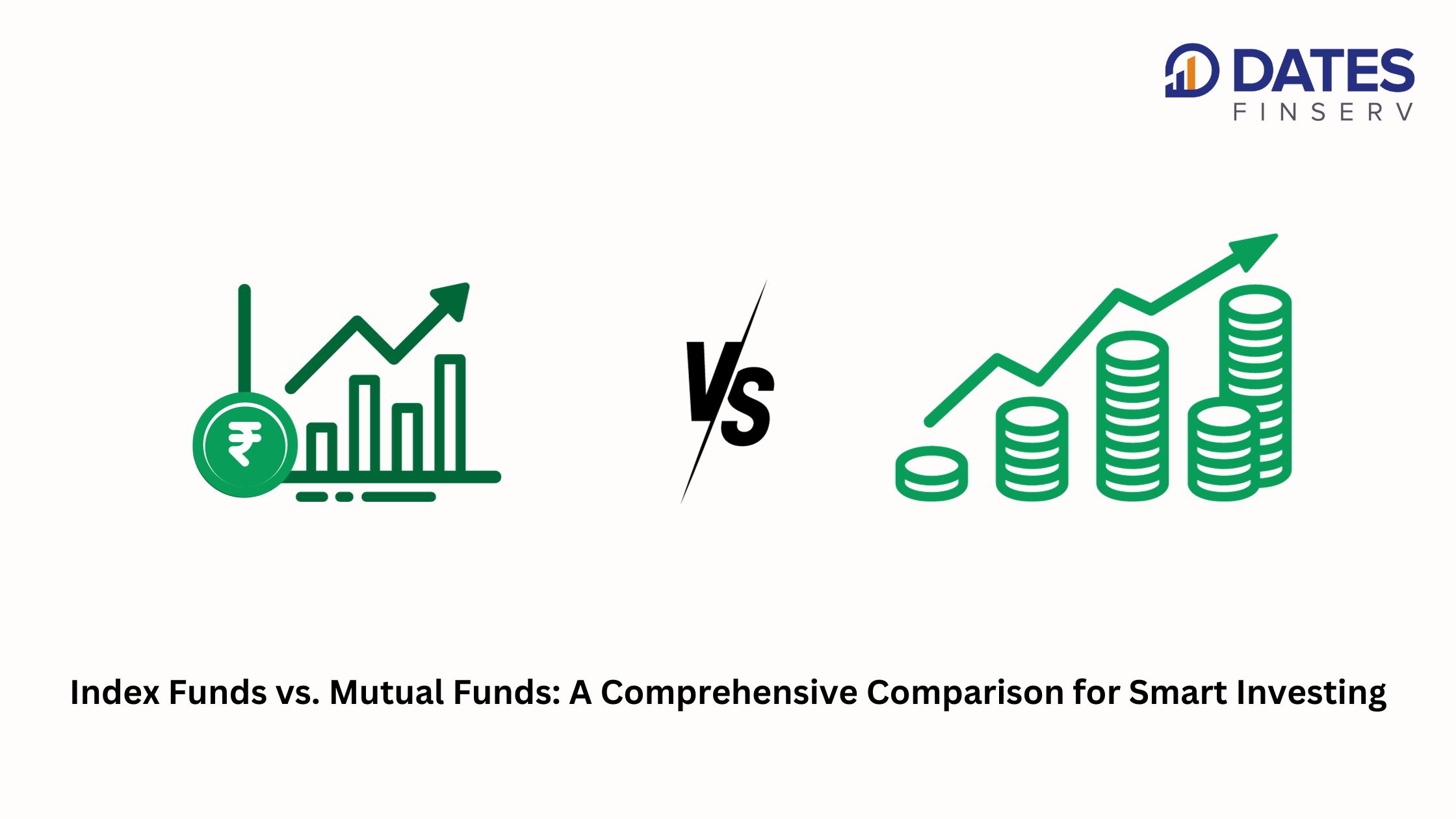Investing is a powerful way to grow your wealth over time, but choosing the right investment vehicles can be challenging. Among the most popular options are stocks and mutual funds. Both have their unique advantages and disadvantages, and understanding these can help you make informed decisions tailored to your financial goals and risk tolerance. This comprehensive guide will delve into the key differences between stocks and mutual funds, their benefits, risks, and strategies for effective investing.
Understanding Stocks
Stocks, also known as equities, represent ownership shares in a company. When you buy a stock, you become a partial owner of the company and have a claim on its assets and earnings. Stocks are traded on stock exchanges, such as the New York Stock Exchange (NYSE) or NASDAQ, and their prices fluctuate based on market conditions, company performance, and other factors.
Key Characteristics of Stocks
1. Ownership and Control:
Owning stock means you have a stake in the company. Depending on the type of stock, you may have voting rights on company matters, such as electing the board of directors or approving major corporate decisions.
2. Dividends and Capital Gains:
Stocks can provide income through dividends—regular payments made to shareholders from a company’s profits. Additionally, you can earn capital gains if the stock's price increases and you sell it at a higher price than you paid.
3. Market Volatility:
Stock prices can be highly volatile, meaning they can rise or fall sharply in response to market news, economic conditions, or company-specific events. This volatility can lead to significant gains or losses.
4. Long-Term Growth Potential:
Historically, stocks have offered higher long-term growth potential compared to other investments, such as bonds or savings accounts. This potential for growth comes with increased risk.
5. Direct Investment:
Investing in stocks allows you to directly choose and manage your investments. You can select individual companies based on your research and investment strategy.
Advantages of Stocks
- High Return Potential: Stocks have the potential for substantial returns, particularly if you invest in high-growth companies or emerging industries.
- Ownership Benefits: Shareholders may receive dividends and have voting rights in company decisions.
- Liquidity: Stocks are generally highly liquid, meaning you can buy or sell shares quickly on the stock market.
Risks of Stocks
- Market Risk: Stocks are subject to market fluctuations, which can lead to significant losses.
- Company-Specific Risk: Individual stocks can be impacted by company-specific issues, such as poor management or financial difficulties.
- Lack of Diversification: Investing in a single stock exposes you to the risk associated with that specific company.
Understanding Mutual Funds
Mutual Funds are investment vehicles that pool money from multiple investors to invest in a diversified portfolio of stocks, bonds, or other securities. They are managed by professional portfolio managers who make investment decisions on behalf of the fund’s shareholders. Mutual funds can be actively managed, where managers select investments, or passively managed, where the fund aims to replicate the performance of a specific index.
Key Characteristics of Mutual Funds
1. Diversification:
Mutual funds invest in a broad range of securities, which helps spread risk across various assets. Diversification can reduce the impact of poor performance by any single investment on the overall portfolio.
2. Professional Management:
Professional portfolio managers make investment decisions and manage the fund’s assets. This expertise can be beneficial for investors who lack the time or knowledge to manage their investments.
3. Types of Mutual Funds:
There are various types of mutual funds, including equity funds (investing primarily in stocks), bond funds (investing in bonds), and balanced funds (investing in both stocks and bonds). Each type has its own risk and return profile.
4. Liquidity:
Mutual funds are generally liquid investments. You can buy or sell shares in the fund at the end of the trading day at the fund’s net asset value (NAV) price.
5. Fees and Expenses:
Mutual funds charge fees, including management fees and, in some cases, sales charges (loads). These fees can impact your overall returns, so it’s essential to understand the costs associated with each fund.
Advantages of Mutual Funds
- Diversification: Mutual funds offer instant diversification, reducing the risk associated with individual securities.
- Professional Management: Fund managers handle investment decisions, which can be advantageous for investors who prefer a hands-off approach.
- Accessibility: Mutual funds are accessible to a wide range of investors, including those with smaller amounts to invest.
Risks of Mutual Funds
- Management Fees: Fees and expenses can eat into returns, especially with actively managed funds.
- Market Risk: While diversification helps manage risk, mutual funds are still subject to market fluctuations and can lose value.
- Lack of Control: Investors have limited control over individual investment choices within the fund.
Comparing Stocks and Mutual Funds
1. Risk and Return:
- Stocks: Higher potential for returns but also greater risk due to market volatility and company-specific issues.
- Mutual Funds: Generally lower risk due to diversification, but returns can vary depending on the fund’s strategy and market conditions.
2. Investment Management:
- Stocks: Require active management and research by the investor.
- Mutual Funds: Managed by professionals, making them suitable for investors seeking a hands-off approach.
3. Diversification:
- Stocks: Diversification is achieved by investing in multiple individual stocks or through a diversified portfolio of stocks.
- Mutual Funds: Provide built-in diversification by pooling investments in a variety of securities.
4. Costs:
- Stocks: Typically involve trading commissions and potential capital gains taxes.
- Mutual Funds: Involve management fees and, in some cases, sales charges, which can impact returns.
5. Liquidity:
- Stocks: Generally highly liquid, with shares bought and sold throughout the trading day.
- Mutual Funds: Typically traded at the end of the trading day at the NAV price, which can impact timing and liquidity.
Strategies for Investing in Stocks and Mutual Funds
1. For Stocks:
- Research and Analysis: Conduct thorough research on individual stocks, including analyzing financial statements, industry trends, and company performance.
- Diversify: Avoid putting all your money into a single stock. Diversify across different sectors and industries to manage risk.
- Long-Term Perspective: Consider a long-term investment horizon to ride out market volatility and benefit from the potential for growth.
2. For Mutual Funds:
- Assess Fund Objectives: Choose mutual funds that align with your investment goals, risk tolerance, and time horizon. Review the fund’s prospectus to understand its strategy and holdings.
- Consider Costs: Evaluate management fees and other expenses associated with the fund. Lower-cost funds may offer better long-term returns.
- Regular Contributions: Consider making regular contributions to mutual funds through dollar-cost averaging to build wealth over time.
Conclusion
Stocks and mutual funds are both valuable investment options, each with its own set of advantages and risks. Stocks offer direct ownership and the potential for high returns but come with higher volatility and risk. Mutual funds provide diversification and professional management, making them a suitable choice for those seeking a more hands-off approach to investing. By understanding the characteristics, benefits, and risks of each, you can make informed investment decisions that align with your financial goals and risk tolerance.
Whether you choose stocks, mutual funds, or a combination of both, remember that successful investing requires a thoughtful strategy, ongoing research, and a long-term perspective. Start with a clear understanding of your investment objectives and consider seeking advice from financial professionals to build a diversified portfolio that supports your financial future.




